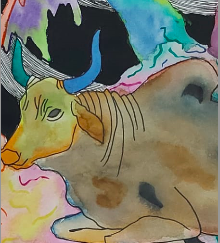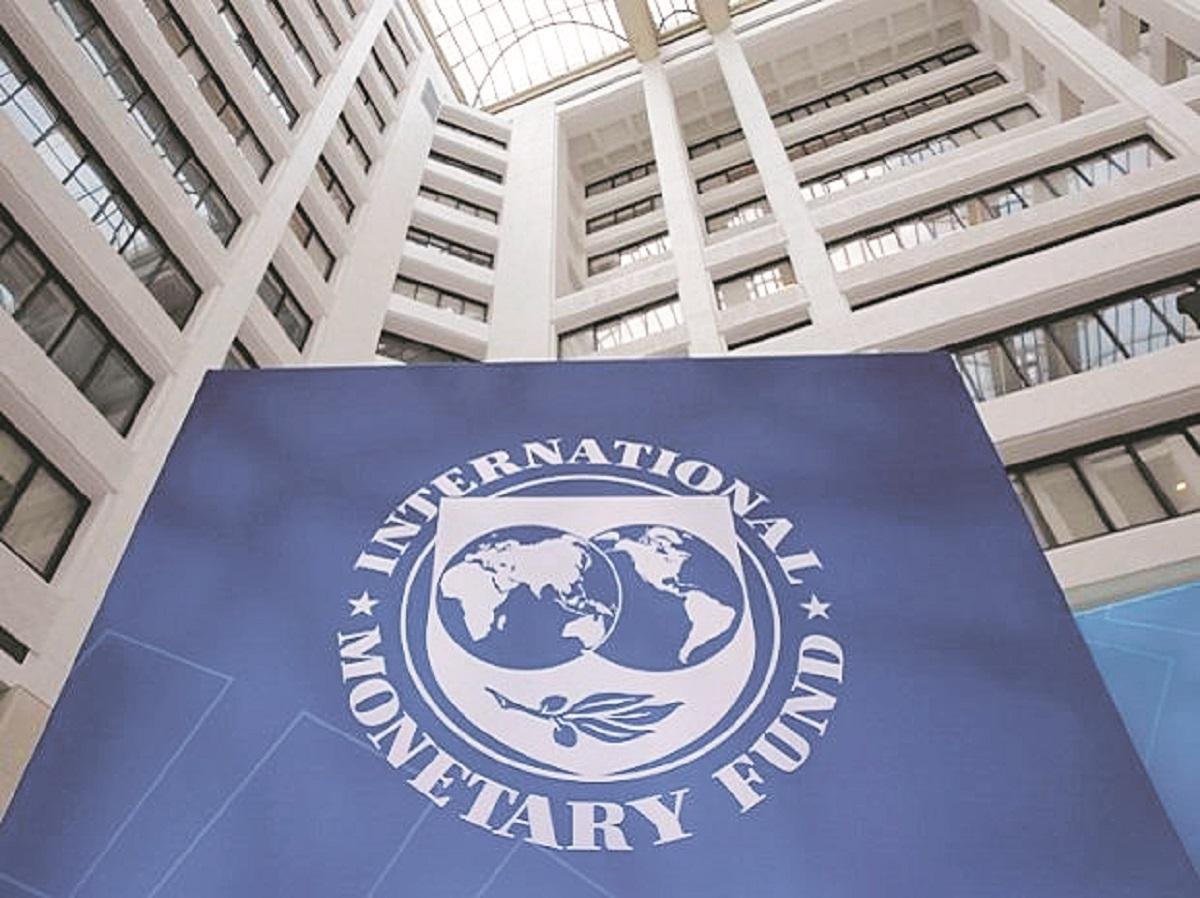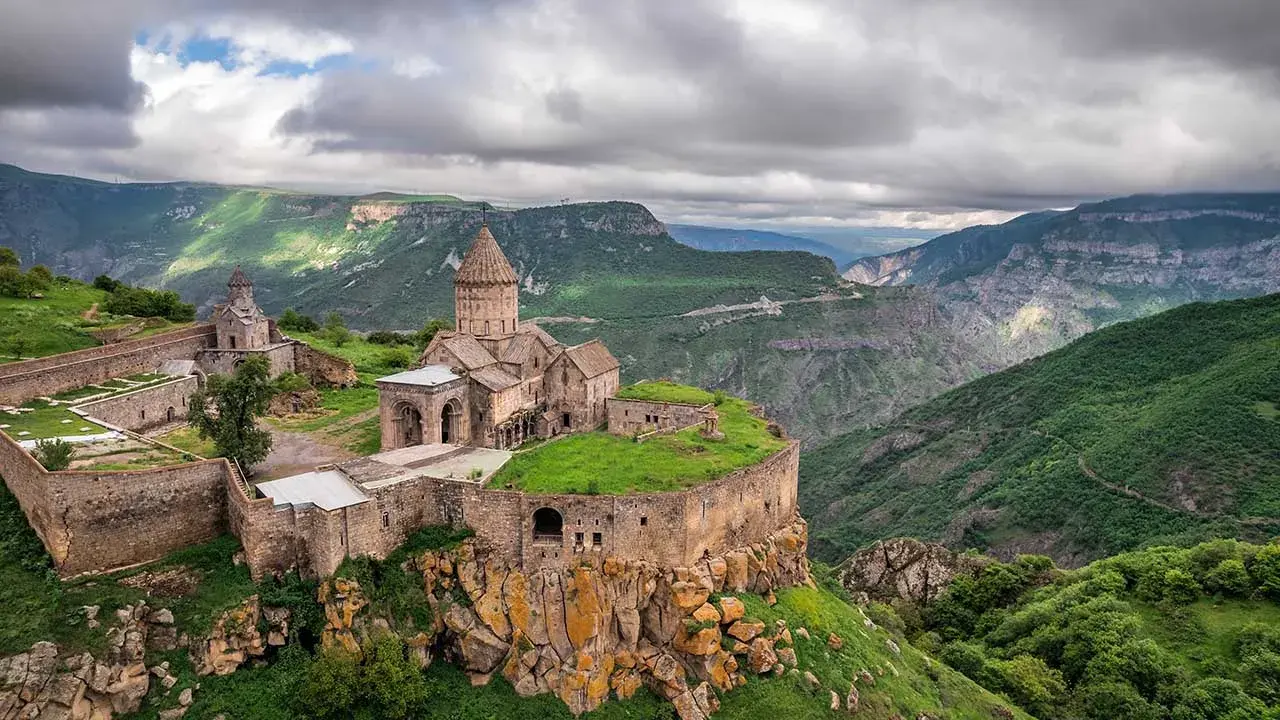World Camera Day (June 29) Special
PRAVASISAMWAD.COM
Camera comes from the Greek word ‘kamera’, which means room. Incidentally a similar-sounding word in Hindi ‘kamra’ means exactly the same thing.
World Camera Day on June 29 is when everything comes into focus. But did you know that the word ‘camera’ comes from a Greek word ‘kamera’which actually means a darkened vault, a chamber or a room? Now isn’t it a curious coincidence that in the Indian language Hindi,‘kamra’ also means a room? I suppose it all goes back to Alexander the Great of Macedonia, who invaded India in 326 BC. Naturally, the intermingling of Greek and Indian cultures must have led to an exchange and assimilation of words from both sides as well.
So how come the origins of our modern-day camera goes back to a room in ancient Greece? It is difficult to pinpoint the origin of the word exactly. But this much is known for certain that as early as the 5th Century BC, a Chinese philosopher Mozi wrote about the camera obscura effect. Fourth-century writings of Aristotle also mention this fact.
A practical demonstration of the pin-hole effect from 700 AD is still in existence at the Virupaksha Temple in Hampi, India. Starting with Alhazen (965–1039), the effect was used in dark rooms, mostly to study the nature of light and to safely watch solar eclipses.
So how come the origins of our modern-day camera goes back to a room in ancient Greece? It is difficult to pinpoint the origin of the word exactly. But this much is known for certain that as early as the 5th Century BC, a Chinese philosopher Mozi wrote about the camera obscura effect. Fourth-century writings of Aristotle also mention this fact
This knowledge laid the foundation for the creation of the ‘pin-hole camera’ in the 1061 AD. In the same year, Arabian philosopher and scientist Ibn Al Haytham wrote a treatise on the ‘pin-hole effect’ in his study of Optics. It wasn’t long before the Greek word found its way into Latin and French.
The ‘pin-hole effect’ simply means that when light enters a darkened room, which has only a small aperture for light to enter through, an exact but inverted image of the outside world is obtained on the opposite wall.
In time, this became the cornerstone for the development of photography.
The day commemorates photographs, the camera, and their invention. A camera is an irreplaceable tool used to record and replicate memories, events, and people/places. Before the invention of the camera, the only way to document an event vision was through a painting. But capturing images of a person or place in a drawing took time and skill. The power of a camera provided many with a simple, inexpensive, and fast solution.
I prefer to call the camera the simplest form of a ‘time machine’, because it crystalises events/experiences into memories you can keep forever and look at them much, much later, when you’re on a ‘nostalgia trip’.
George Eastman, also known as “The Father of Photography,” brought the camera to the masses. Although he did not invent the camera, he did develop many additions. His developments made the camera widely available to homes around the world.
Digital cameras have many features and variations, making them appealing to people of all ages for personal and professional use. The portable and easy-to-use features not only allow us to take photos quickly, but we can also edit them on the fly.
Today rapidly changing technologies have made it possible for people to take photos with their smartphones and immediately share them with friends and family around the world.
Smartphones with built-in cameras include features that allow us to share photos instantly, too.
Taking photos has become easy. According to sources, in 2017, we took over 1.2 trillion digital photos! Have fun, guys and keep clicking away.











